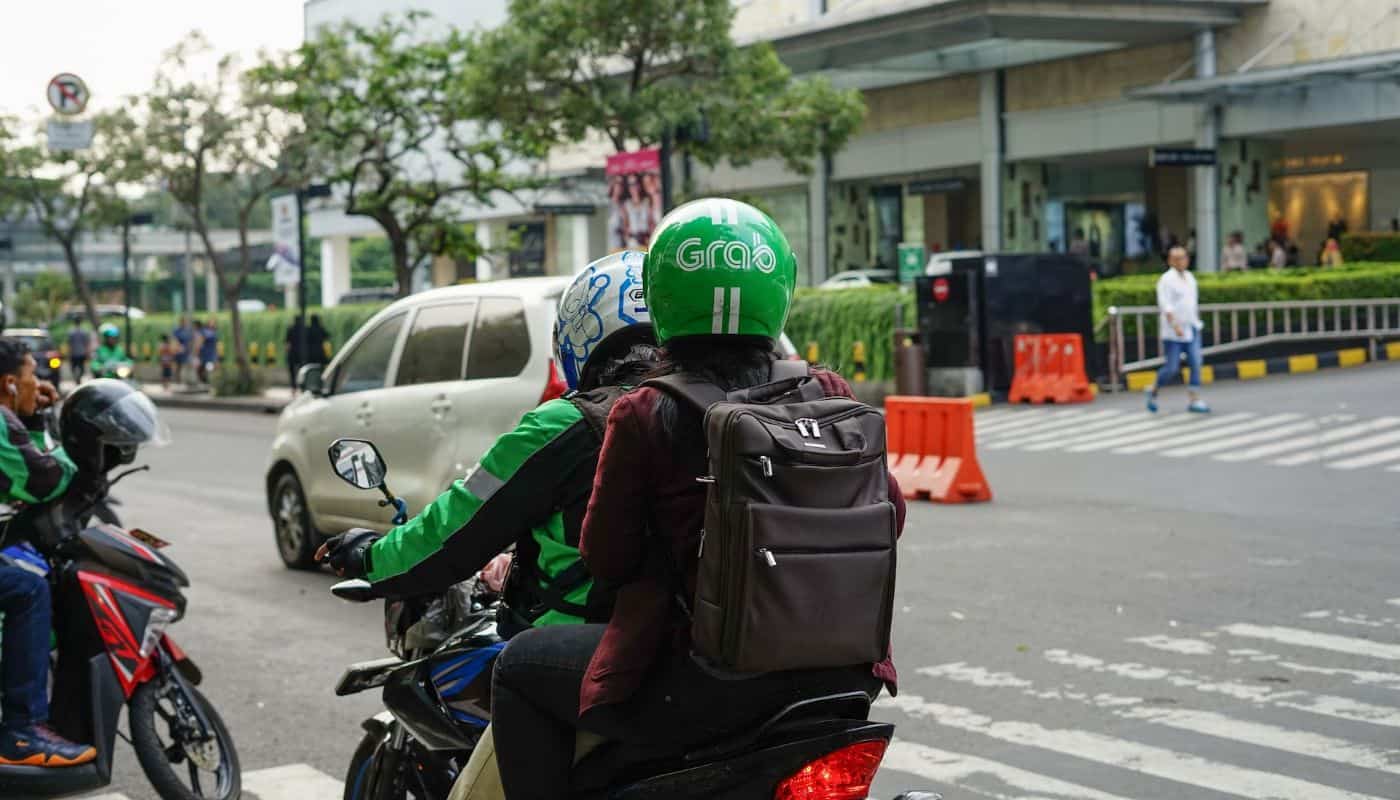
Things I wish I knew before going to Bali
Planning a trip to Bali soon? Here's everything I wish I knew before my first visit! Bali is a beautiful island full of culture, nature, and adventure, but there are some important things to know before you go.
1. Do You Need a Visa for Bali?
Before heading to Bali, check your visa requirements.
- Visa-Free Entry: Nationals from 169 countries can visit Indonesia for 30 days without a visa. However, this cannot be extended.
- Visa on Arrival (VOA): If you need more flexibility, a paid VOA (USD 35) is available. This can be extended for an additional 30 days.
- E-VOA: Citizens from 86 countries can now apply for an electronic VOA online before arriving in Bali.
Check the latest visa updates before your trip, as rules can change.
2. When Is the Best Time to Visit Bali?
The best time to visit depends on your preferences:
- Best Weather (February – May): Post-rainy season offers lush greenery, fewer crowds, and sunny days.
- Peak Tourist Season (July, August, December – early January): These months attract the most visitors, but expect higher prices and busy attractions.
- Rainy Season (November – March): The rain can be heavy, but it’s a peaceful time to enjoy Bali’s quieter side.
3. Stay Connected with an eSIM
Staying connected is easy with a local data plan or an eSIM. With an eSIM, you can activate it digitally, avoiding the hassle of finding a physical SIM card. Apps like this are particularly useful for navigation and contacting drivers or guides.
4. Book Airport Pickup
Arriving at Ngurah Rai Airport in Bali can be hectic, as numerous private drivers and taxi services compete for attention. To avoid the confusion, booking an airport transfer in advance is highly recommended. Your driver will meet you with a sign bearing your name, and some services even include a complimentary local SIM card to help you settle in.
5. Getting Around Bali
Getting around Bali is straightforward with several options available. Taxis are convenient in areas like Seminyak and Legian, but it’s best to stick to Bluebird Taxis and ensure the meter is on to avoid being overcharged. Renting a scooter is another popular option, especially in places like Ubud and Canggu, but always wear a helmet and be mindful of local traffic rules. Alternatively, hiring a private driver for the day offers a more relaxed and flexible way to explore the island, especially for longer distances.
6. No Uber in Bali
Although Bali doesn’t have Uber, you can use apps like Grab and Go-Jek for rides, food delivery, and even grocery shopping. These apps are widely available in most areas, but be aware that ride-hailing services might be restricted in certain locations due to local regulations.
7. Nyepi Day (Day of Silence)
If you’re visiting Bali in March, you may experience Nyepi, the Balinese Day of Silence. This unique Hindu tradition involves a full day of complete stillness, where no flights operate, no lights are used, and outdoor activities are forbidden. Visitors are expected to stay indoors and respect the peaceful atmosphere, making it a special time for reflection.
8. Bali is Mostly a Cash Island
Cash is the preferred method of payment in Bali, particularly in local markets and small eateries. ATMs are widely available and dispense either IDR 50,000 or 100,000 bills. It’s a good idea to withdraw cash at the airport or urban centers to ensure you have enough on hand. When using ATMs, remember to retrieve your card after the transaction, as many machines dispense cash first and return the card last.
9. Stay Safe from Methanol Poisoning
Be cautious with alcohol consumption, especially with the locally brewed arak, which may contain methanol and pose serious health risks. Stick to reputable bars and restaurants to ensure your safety. Additionally, it’s a good idea to stay updated on vaccinations like Hepatitis A and Tetanus before your trip. While the malaria risk is low in most areas, consulting a travel clinic is wise if you plan to explore rural regions.
10. Avoid Tap Water
When visiting Bali, it's important to avoid drinking the tap water, as it's not safe for consumption. Stick to bottled or properly filtered water, and be cautious even when brushing your teeth. To reduce plastic waste, bring a reusable water bottle that you can refill at cafes and restaurants, many of which provide filtered water stations.
11. Respect the Culture
Additionally, Bali has a rich cultural heritage, and respecting local customs is essential. When visiting temples, it's customary to wear a sarong and sash (available for rent at temple entrances) and dress modestly, covering your shoulders and knees. It’s also important to avoid pointing with your feet, touching people on the head, or taking photos without permission.

12. Monkeys Can Be Trouble
In some areas, such as Ubud Monkey Forest and Uluwatu Temple, monkeys can be a nuisance. They are known to steal belongings like sunglasses, phones, and bags, so always keep your valuables secured in zipped bags. If you carry food or drink, keep it hidden to avoid attracting the monkeys, and remember not to make direct eye contact with them.
13. Stray Dogs and Cats
Stray dogs and cats are common in Bali, and while most are friendly, it’s best not to pet or feed them, as they may carry diseases like rabies. If you're bitten or scratched, seek medical attention immediately.
14. Shopping and Bargaining
Shopping in Bali is a fun experience, especially at local markets where bargaining is expected. When negotiating, start by offering about half of the asking price and work your way up politely. Markets like Ubud and Kuta offer a variety of local handicrafts, textiles, and souvenirs. Tipping is not required in Bali, but it is greatly appreciated. A small tip can go a long way in making someone's day, with amounts like 10,000–50,000 IDR (about $1–$3 USD) being common for restaurant staff, drivers, or hotel employees.
15. Tipping
Tipping isn’t expected but is appreciated. A small amount can bring big smiles from locals.
16. Laundry is Cheap
Don’t worry about overpacking, as laundry services are affordable and widely available in Bali. Most laundries charge around 10,000–15,000 IDR per kilo (roughly $0.65–$1 USD), and they usually offer quick turnarounds with washing, drying, and folding included.
Final Tips:
- Bali is a mix of natural beauty and rich culture, but it’s important to respect the locals and their traditions.
- Plan your trip carefully to avoid tourist traps, and you’ll have an amazing time in the “Island of Gods.”
Enjoy your trip to Bali! 🌴




